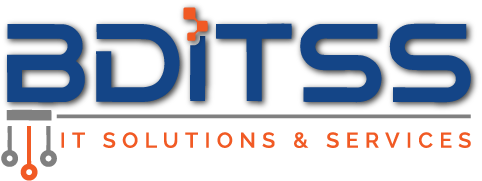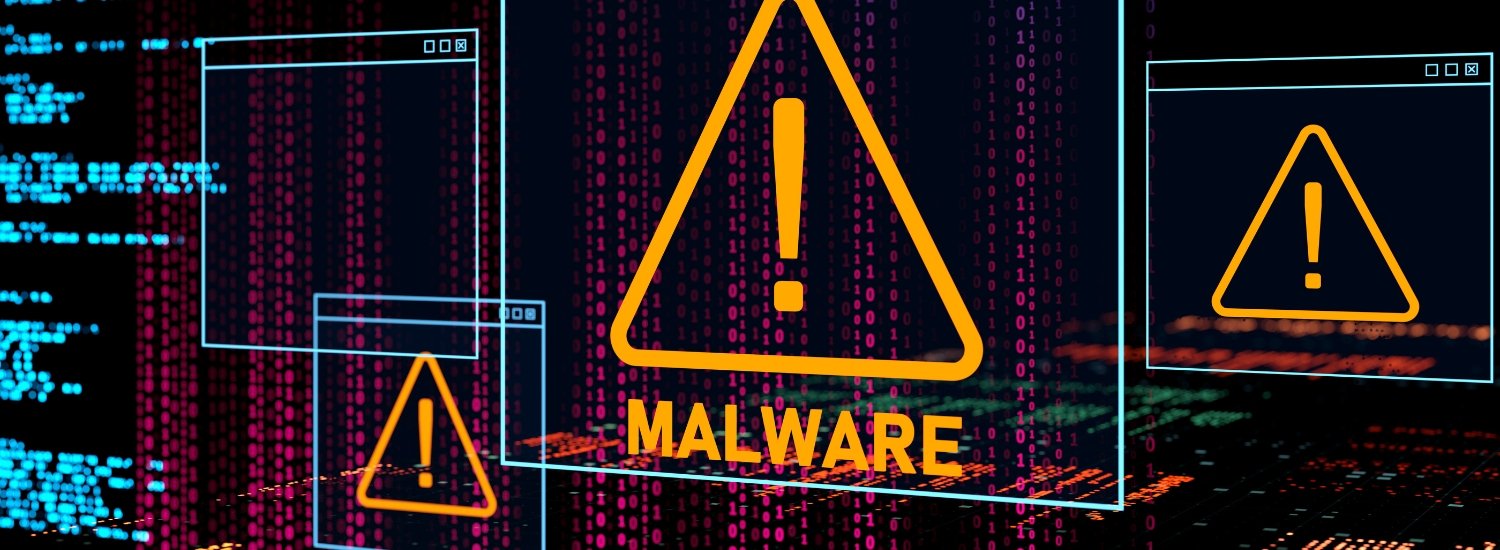In an increasingly connected world, cybersecurity isn’t just a buzzword—it’s a necessity. With everything from personal photos and financial information to business records and customer data stored digitally, our lives are more vulnerable to cyber threats than ever before. Whether you’re browsing social media, accessing your bank account, or managing a company’s internal systems, every click and keystroke carries potential risk.
Cybercriminals are growing more advanced, using tactics like ransomware, phishing, and spyware to exploit even the smallest vulnerabilities. A single unprotected device can become an open door for attackers to steal sensitive information, compromise entire networks, or hold your data hostage. And these aren’t just problems for large corporations—individuals and small businesses are increasingly targeted due to weaker defenses and lack of awareness. That’s why being proactive about cybersecurity is no longer optional. Simple actions like installing trusted antivirus software, enabling firewalls, regularly updating your systems, and conducting security audits can go a long way in safeguarding your digital life. Whether you’re dealing with a stubborn virus, suspicious activity on your network, or just want to strengthen your defenses, understanding the basics of cybersecurity is your first line of protection.
In this blog, we’ll break down some of the most common cybersecurity threats and practical solutions to defend against them—so you can browse, work, and connect online with confidence.
Table of Contents
- Virus and Malware Removal: Cleaning Up Your System
- Protection Against Hacking and Phishing Attacks
- Installing Antivirus Software: Your First Line of Defense
- Security Audits and Compliance: Ensuring Your Safety and Legal Adherence
- When to Consult a Cybersecurity Professional
- Final Thoughts
1. Virus and Malware Removal: Cleaning Up Your System
Viruses and malware are malicious programs designed to disrupt, damage, or gain unauthorized access to your devices. These threats can slow down your computer, steal sensitive information, or even lock you out entirely through ransomware. Removing viruses and malware requires specialized tools and expertise. While many antivirus programs can detect and quarantine threats, some infections are more stubborn and need professional intervention. A cybersecurity expert can run deep scans, safely remove harmful software, and restore your device to its secure state, helping you avoid data loss and prolonged downtime.
2. Protection Against Hacking and Phishing Attacks
- Hacking and phishing are among the most common cyber threats for individuals and organizations.
- Hackers try to break into accounts or networks to steal data or cause damage.
- Phishing attacks use deceptive emails or messages to trick users into revealing passwords or financial info.
- These threats often appear as legitimate communications, making them difficult to detect.
- Protection strategies include:
- Being cautious with email links
- Using strong, unique passwords
- Enabling two-factor authentication
- Regularly updating software
- For businesses, advanced security systems and employee training help reduce breach risks.
3. Installing Antivirus Software: Your First Line of Defense
- Antivirus software is essential in any cybersecurity setup.
- It scans devices for known threats and blocks suspicious activity.
- Regular updates help recognize and defend against new viruses and malware.
- Different antivirus programs suit different needs—personal or enterprise-grade protection.
- Proper installation and configuration ensure continuous monitoring and real-time threat detection.
- Professionals can assist in selecting, installing, and optimizing antivirus tools tailored to specific devices and usage patterns.
4. Security Audits and Compliance: Ensuring Your Safety and Legal Adherence
Security audits involve a comprehensive review of your digital systems to identify vulnerabilities, gaps in protection, and compliance with industry standards or legal regulations. For businesses, regular audits are essential not only to prevent cyber-attacks but also to meet compliance requirements like GDPR, HIPAA, or PCI-DSS. These audits assess everything from firewall configurations and software updates to employee access controls and data encryption practices. A cybersecurity specialist conducts these evaluations, recommends necessary improvements, and helps implement changes that strengthen your security posture and protect your reputation.
5. When to Consult a Cybersecurity Professional
While many cybersecurity tools are available for DIY use, dealing with persistent viruses, sophisticated hacking attempts, or compliance mandates calls for expert help. If you’ve noticed unusual activity on your accounts, suspect a malware infection, or need to prepare your business for regulatory audits, it’s time to engage a cybersecurity professional. They can provide tailored solutions that protect your data, ensure privacy, and maintain the integrity of your digital environment.
6. Final Thoughts
Cybersecurity is a continuous journey, not a one-time fix. As threats evolve, staying informed and proactive is key to keeping your devices and information safe. From virus removal and antivirus installation to defending against hacking and conducting security audits, professional cybersecurity services provide essential protection in today’s digital landscape. Don’t wait until you’re compromised—take steps now to secure your digital world.
In the event of any inquiry, BD IT Solutions & Services, serving Dhaka, Chattogram, Khulna, Sylhet, Rajshahi etc. can be ultimate contact for 24/7 dedicated and dependable services.





0 Comments